To commend the outstanding performance of pilots nationwide in safeguarding port navigation safety and enhancing pilotage service quality, the Maritime and Port Bureau (MPB) today held the 2024 Outstanding Pilot Awards Ceremony. The event, held at the bureau’s headquarters, recognized pilots from various ports for their professionalism, contributions to the safe entry and departure of vessels, and active support in advancing maritime safety policies.
The MPB indicated that the outstanding pilots being honored are all frontline professionals whose contributions, are vital to the operation of ports. In addition to performing piloting tasks, these pilots served as vital communication links among port entities. They also enhance the safety of pilot operations by cooperating with pilot supervision systems, assisting vessels in safely entering and leaving ports during emergencies, and consistently offering expert advice concerning port safety infrastructure and operational procedures. These efforts clearly demonstrated their exceptional sense of responsibility and professional competence.
To reinforce the importance of port navigation safety and pilotage operations, the MPB launched a pilotage safety enhancement initiative in February 2024. This initiative outlined targeted 46 measures across three key areas: supervision and performance evaluation, port access management, and basic infrastructure and equipment. As of now, 23 measures (50%) have been completed. In 2024, only 42 maritime incidents were recorded within port areas, marking the lowest annual figure in five years and suggesting that the implemented measures have begun to show positive results. In August 2024, the Bureau revised the pilot performance evaluation guidelines, introducing an assessment review panel composed of relevant stakeholders to verify performance outcomes and adjust scores. Scoring criteria and weightings were also updated. On December 18, 2024, revisions to the Regulations for Administrating Pilots were announced, which clearly defined operational procedures for pilots during preduty checks, boarding, piloting, and disembarking stages. The updated regulations also granted maritime authorities the right to require pilot offices to review their regulations in the event of major maritime incidents or when deemed necessary. Additionally, the regulations stipulated that pilots must undergo training to maintain professional competence regardless of whether they are actively practicing. A preduty alcohol testing, record-keeping, and random testing system was introduced to enhance alcohol level monitoring. Further measures included intensified inspections of pilot performance and annual evaluations and more clearly defined clauses and provisions outlining violations of the Pilotage Law, all aimed at enhancing regulatory enforcement and pilotage safety standards.
Looking ahead, the MPB will continue to implement a range of regulatory and administrative enhancements related to pilotage. These include amending the Pilotage Law, establishing standards and operational management models for pilot boats, developing fatigue management and medical examination systems for pilots, and strengthening in-service training mechanisms. The bureau also plans to introduce risk assessment procedures for pilotage operations, with the goal of continuously improving pilotage services to align with international trends and meet local needs.
The MPB emphasized that pilots play a crucial role in managing port operations and the safe entry and departure of vessels. Public recognition of their contribution is appreciated. Moving forward, the bureau will continue to optimize pilotage supervision and management systems to further improve port navigation safety and the quality of port services.
Contact Person: Section Chief Wen-ting Chen, Maritime Safety Division
Phone: 02-89783184
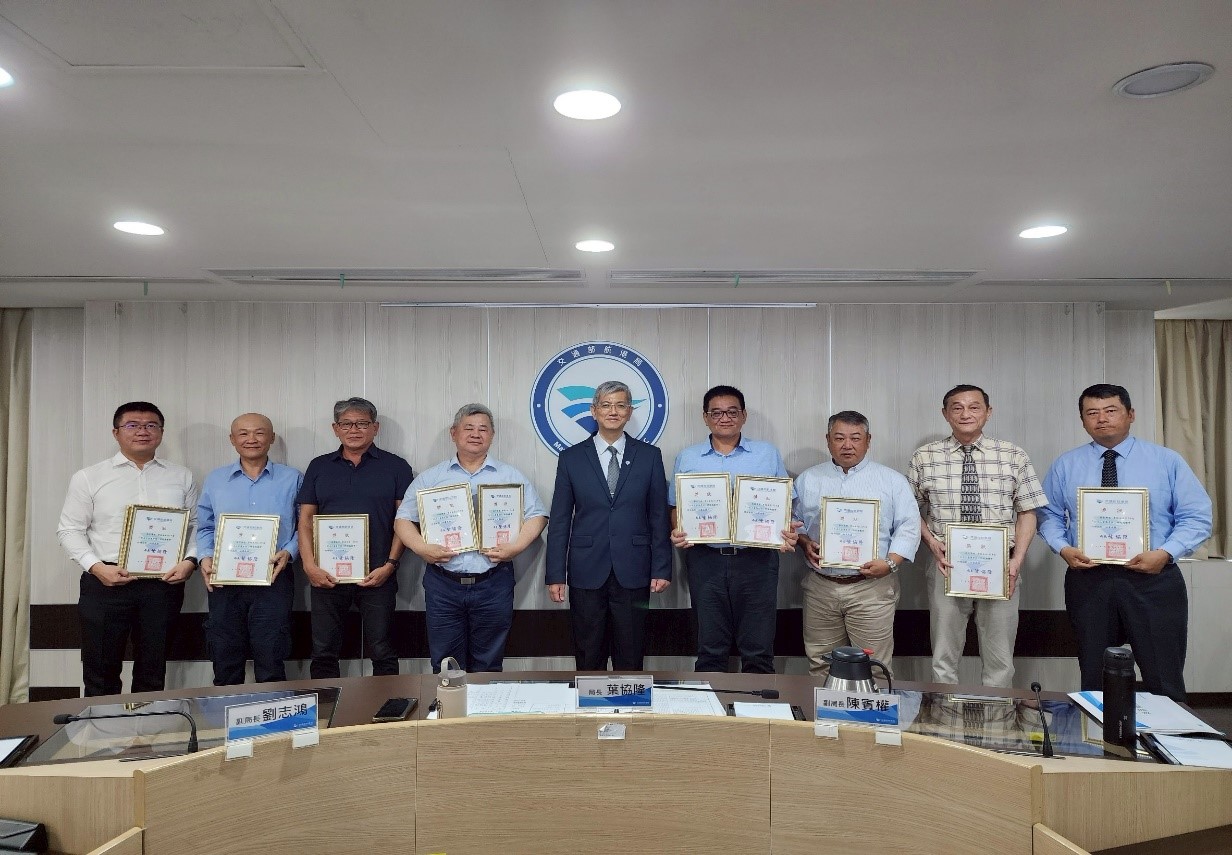
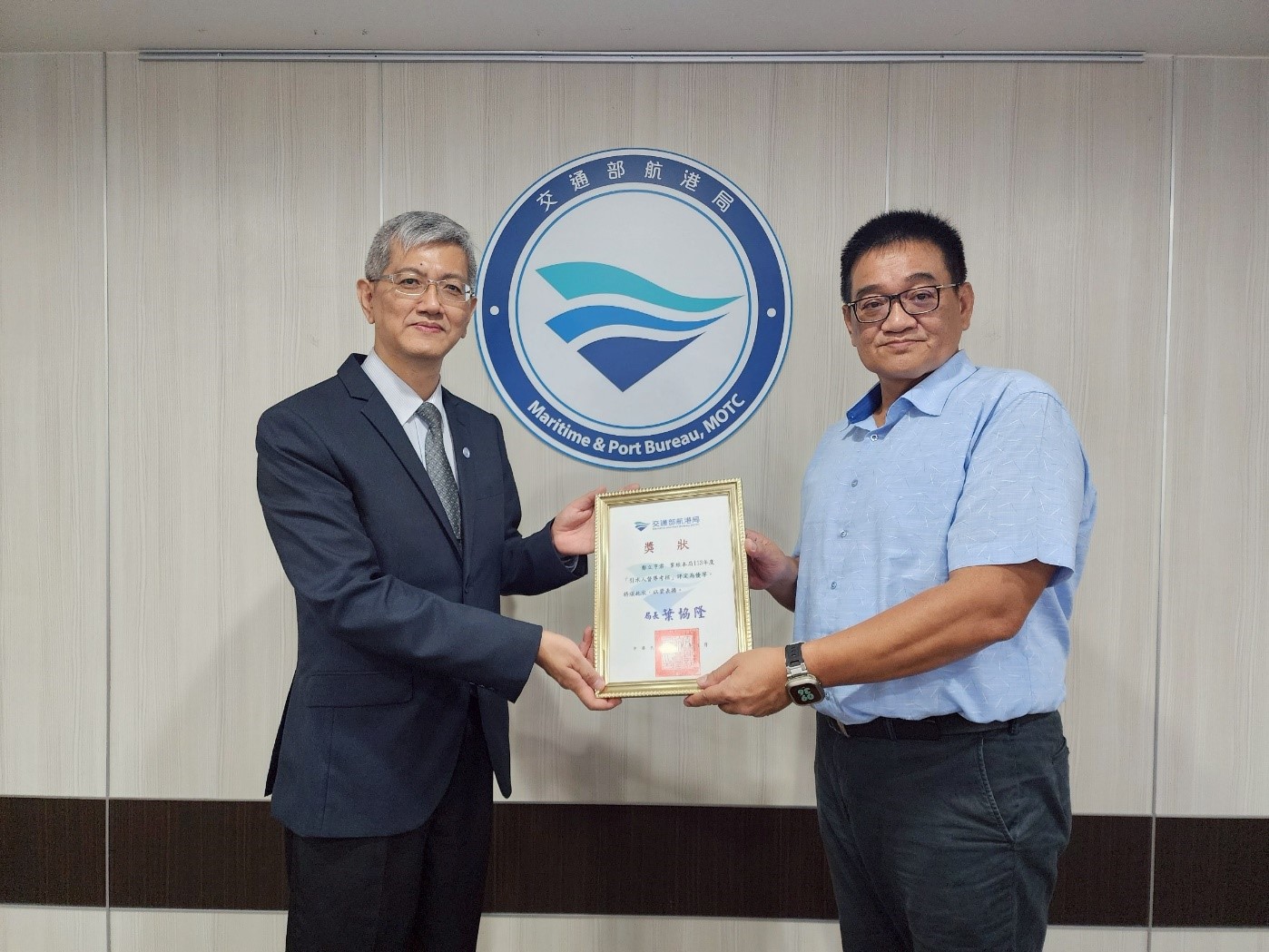
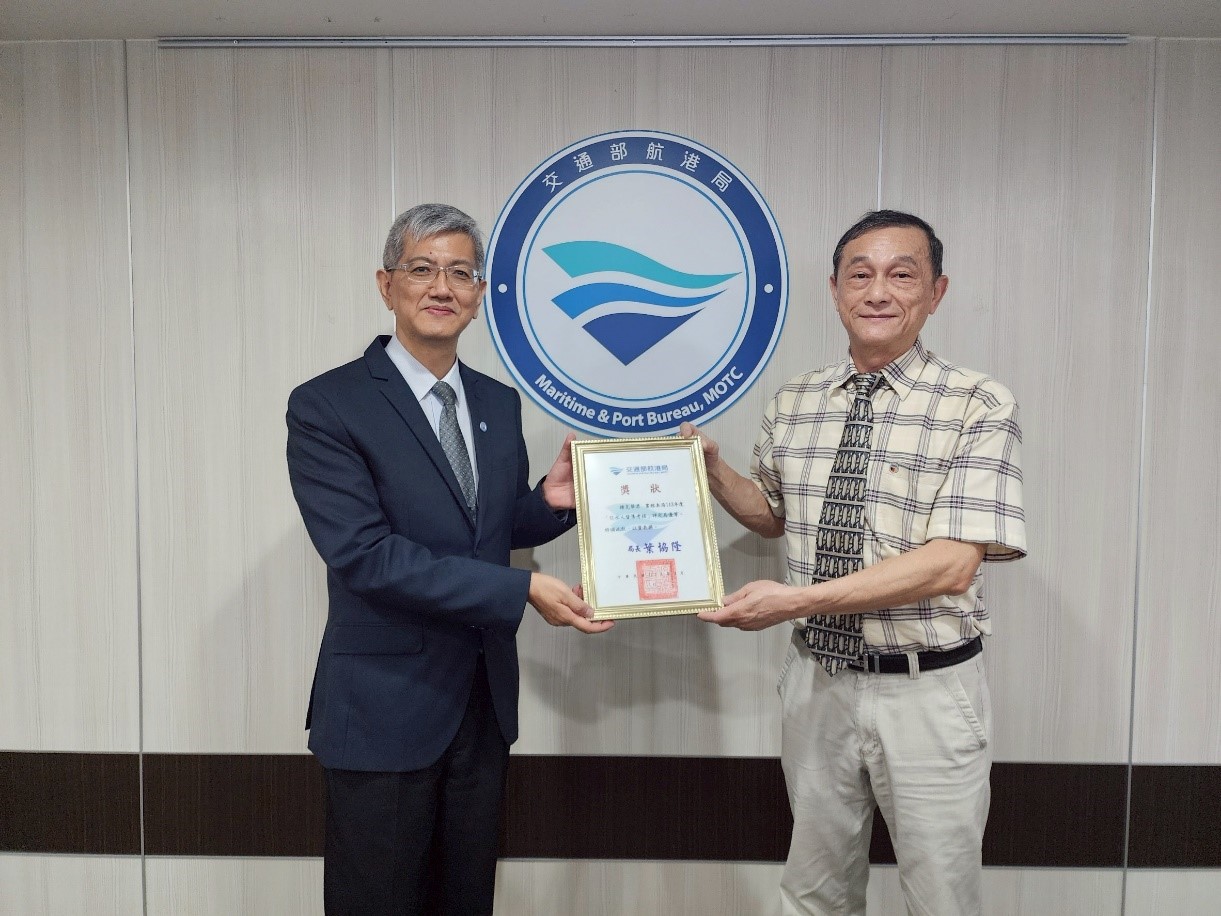
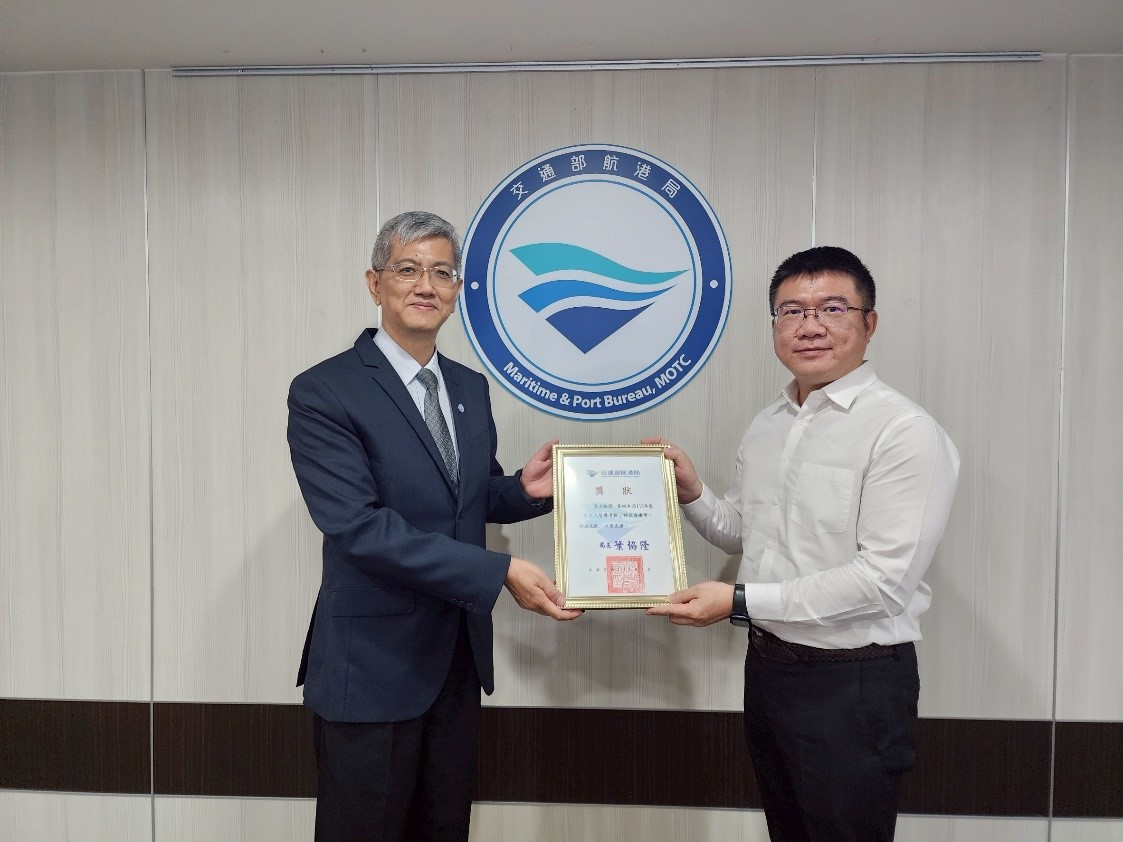
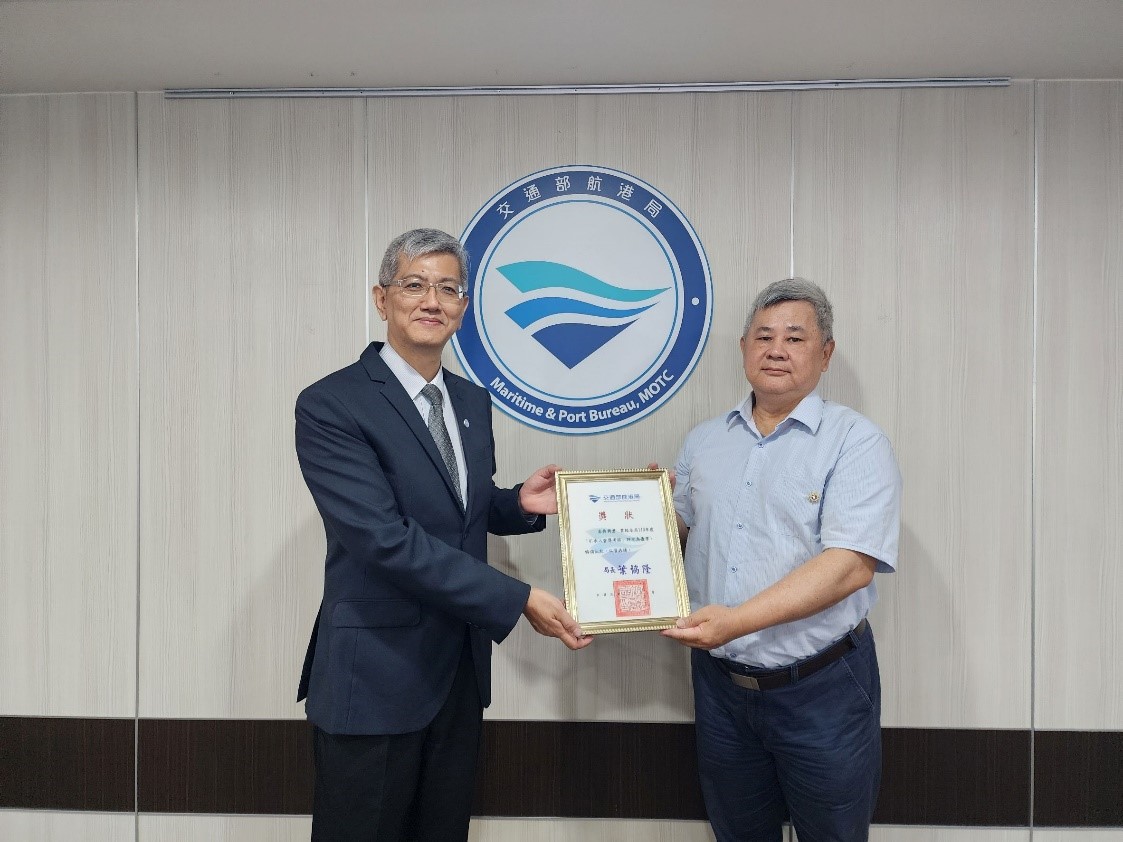



 LINE ID: @737qilqg Service Hours: 9:00 am - 06:00 pm on work day
LINE ID: @737qilqg Service Hours: 9:00 am - 06:00 pm on work day